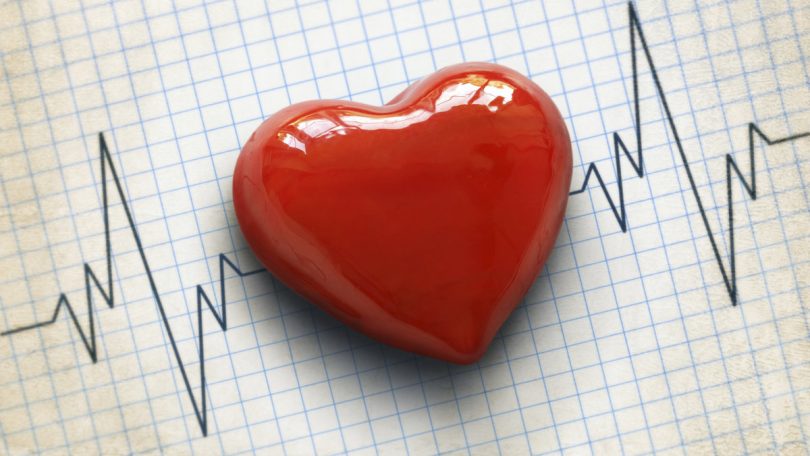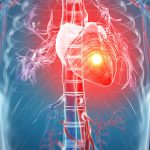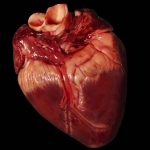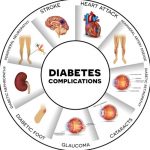Atrial fibrillation, Afib, is an abnormal heart rhythm, also known as an arrhythmia. Atrial fibrillation is described as rapid and irregular beating of the atrium, the upper chamber of the heart. In most cases, episodes occur as brief periods of rapid and out of sync beating lasting less than 24 hours. However, this may become longer lasting and potentially permeant over time.
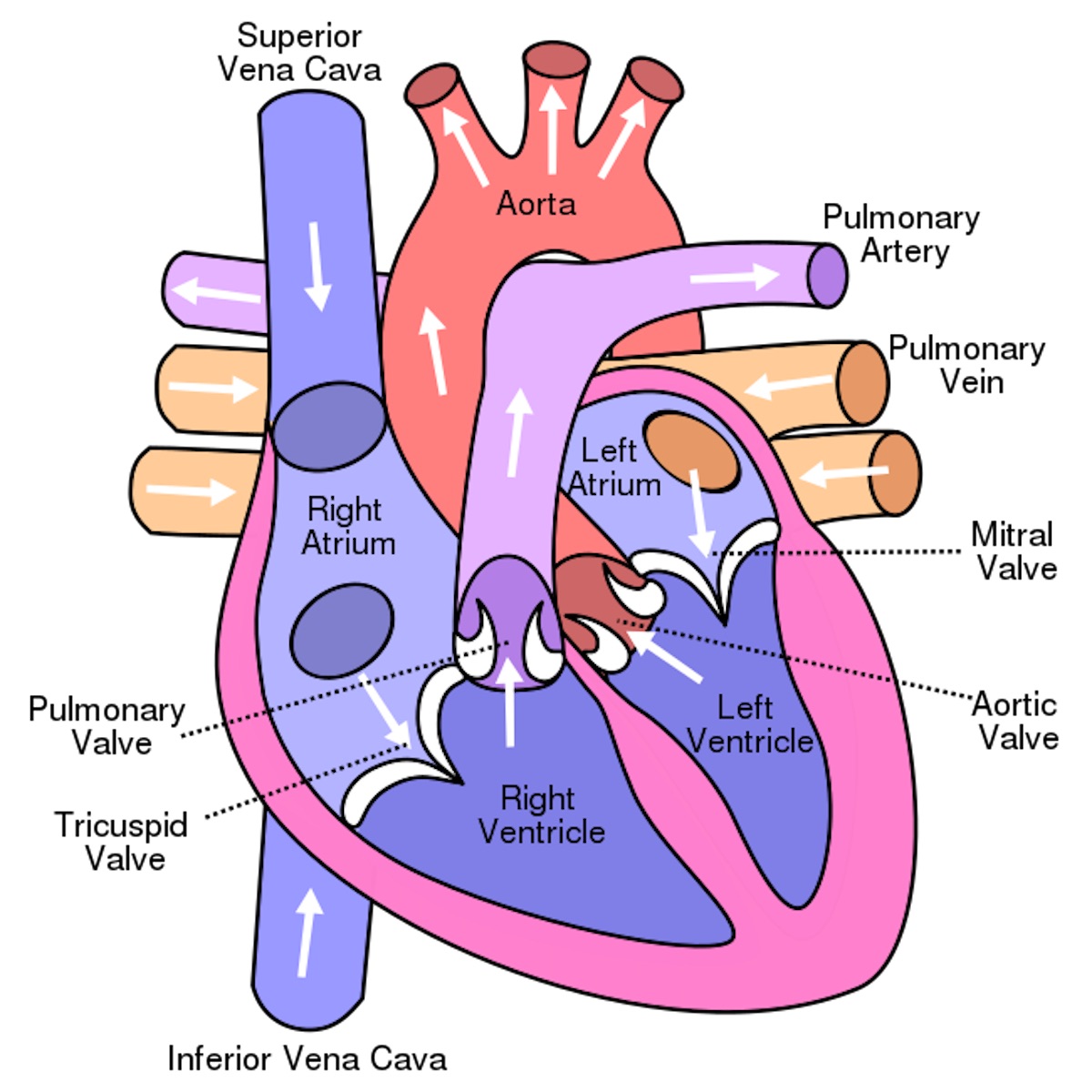
In many cases episodes of atrial fibrillation will be asymptomatic. However, in some cases people may experience light headedness, fainting, heart palpitations, shortness of breath or chest pain. Atrial fibrillation is also associated with an increased risk of stroke, heart failure and dementia.
There are several factors and pre-existing conditions that can increase a person’s risk of developing atrial fibrillation.
Continue reading to learn more.
More from Things Health
-
Warning Signs That You Might Have Heart Issues
Heart disease has both genetic and environmental components, as it tends to run in families but can also be impacted by your lifestyle choices such…
-
Atrial Fibrillation
Arrhythmias occur when there's a problem with the heart electric system. In case of atrial fibrillation, the outcome is the upper chambers of the heart…
-
8 Health Conditions Caused By Diabetes
Chances you know someone who has diabetes, as it is a common disease that affects millions of North Americans. The two types of diabetes are…
-
10 Causes of Chest Pain That Are Not Your Heart
For many, an experience of chest pain leads to panic and the assumption that it must be related to the heart, worst-case scenario being a…
-
Causes and Risk Factors for Fibromyalgia
Fibromyalgia is best known as a pain disorder. As with other conditions, it can influence people in different ways. Although many experts in the field…

